‘The pain never goes away’
Beverly Rowbotham's killing 18 years ago rocked the quiet community of St. Andrews. Sister Barb Kilpatrick and husband Mark Stobbe speak to reporter Dave Baxter about a case that changed their lives forever.
Advertisement
Read this article for free:
or
Already have an account? Log in here »
To continue reading, please subscribe:
Monthly Digital Subscription
$0 for the first 4 weeks*
- Enjoy unlimited reading on winnipegfreepress.com
- Read the E-Edition, our digital replica newspaper
- Access News Break, our award-winning app
- Play interactive puzzles
*No charge for 4 weeks then price increases to the regular rate of $19.95 plus GST every four weeks. Offer available to new and qualified returning subscribers only. Cancel any time.
Monthly Digital Subscription
$4.99/week*
- Enjoy unlimited reading on winnipegfreepress.com
- Read the E-Edition, our digital replica newspaper
- Access News Break, our award-winning app
- Play interactive puzzles
*Billed as $19.95 plus GST every four weeks. Cancel any time.
To continue reading, please subscribe:
Add Free Press access to your Brandon Sun subscription for only an additional
$1 for the first 4 weeks*
*Your next subscription payment will increase by $1.00 and you will be charged $16.99 plus GST for four weeks. After four weeks, your payment will increase to $23.99 plus GST every four weeks.
Read unlimited articles for free today:
or
Already have an account? Log in here »
Hey there, time traveller!
This article was published 26/08/2018 (2691 days ago), so information in it may no longer be current.
Barb Kilpatrick has no doubt that as another summer winds down and colder, darker days approach, painful memories of her baby sister’s death will come racing back into her head.
“In the fall it’s always difficult and it’s really hard moving into winter. There’s her birthday, there’s Christmas, you just think about all the things she’s missed.”
The bond and closeness Kilpatrick shared with her little sister, Beverly Rowbotham, started at an early age and remained strong throughout both of their lives.

“Bev was a lot younger than me and my other sister Betty, she was our little sister, she was like our little doll when she was born.”
With the two women remaining close into adulthood, Kilpatrick said she saw the kind of woman her little sister grew up to become.
“She was just a good person,” Kilpatrick said. “She was just a good, kind, caring person.
“Bev was a very intelligent woman and she was someone who was so passionate about what she believed in.”
According to Kilpatrick, one of the things her little sister was passionate about was the issue of violence against women.
“When the École Polytechnique massacre happened that really affected her, and she really became a champion for women because she found violence against women appalling.
“She would have been appalled that she was a victim of violence because that is something that so horrified her.”
Beverly Rowbotham’s life came to a bloody end in October 2000, killed by what police believe were 16 hatchet blows to the face.
“It was absolutely horrific,” Kilpatrick said. “It was a crime of real violence, it was a crime of rage.”
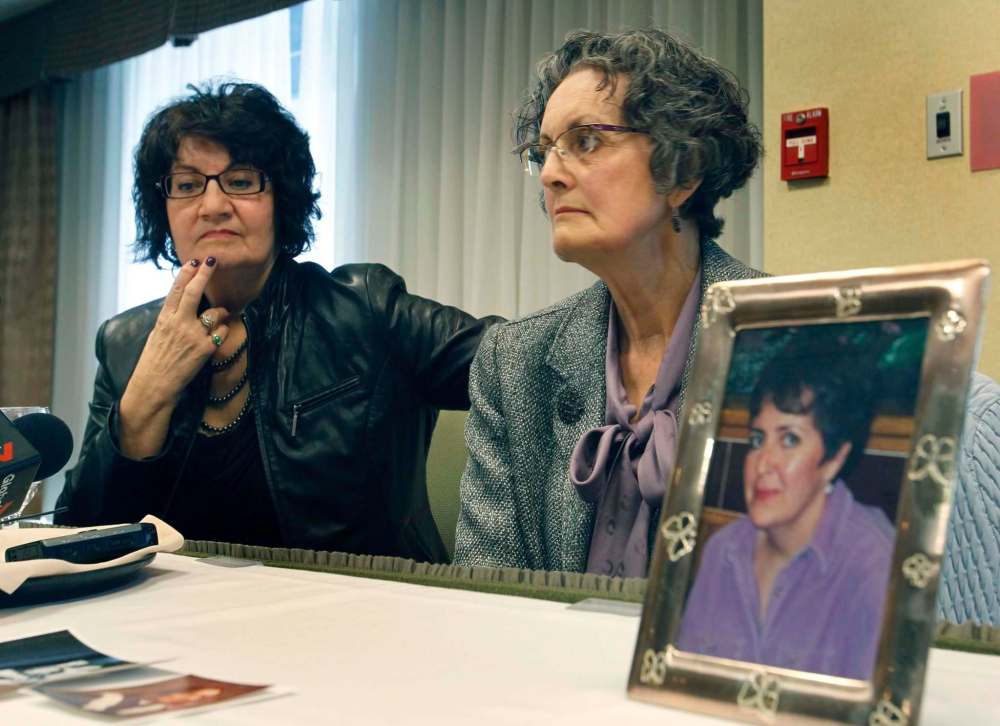
At the time she was killed, Rowbotham and her husband Mark Stobbe and two young children were living on River Road in St. Andrews, north of Winnipeg.
The couple had moved to St. Andrews from Saskatchewan in the spring of 2000 after Stobbe took on a high-level position with the Manitoba government.
Just months later, on Oct. 25, around 2:30 a.m., Rowbotham’s bludgeoned body was discovered in the family’s sedan, parked near a gas station in Selkirk.
The grisly discovery marked the beginning of years of questions and heartbreak for Kilpatrick, and everyone who knew and loved Rowbotham.
A lengthy police investigation culminated in Stobbe’s arrest for the killing in May 2008.
At his second-degree murder trial in 2012, Stobbe told court Rowbotham had gone to Safeway the night before she was killed while he remained at home and fell asleep. Stobbe testified he awoke hours later to discover Rowbotham had not returned. Stobbe said he called Rowbotham’s sister Betty, who lived in the area, to tell her Bev was missing. A short time later police notified Stobbe that his wife was dead.
Kilpatrick said she was at a health conference in New Orleans when she got a call from her daughter telling her Rowbotham was dead.
“It’s all a blur those first few moments and days,” she said. “It was like I couldn’t even think straight and I just got on the first plane I could get.”
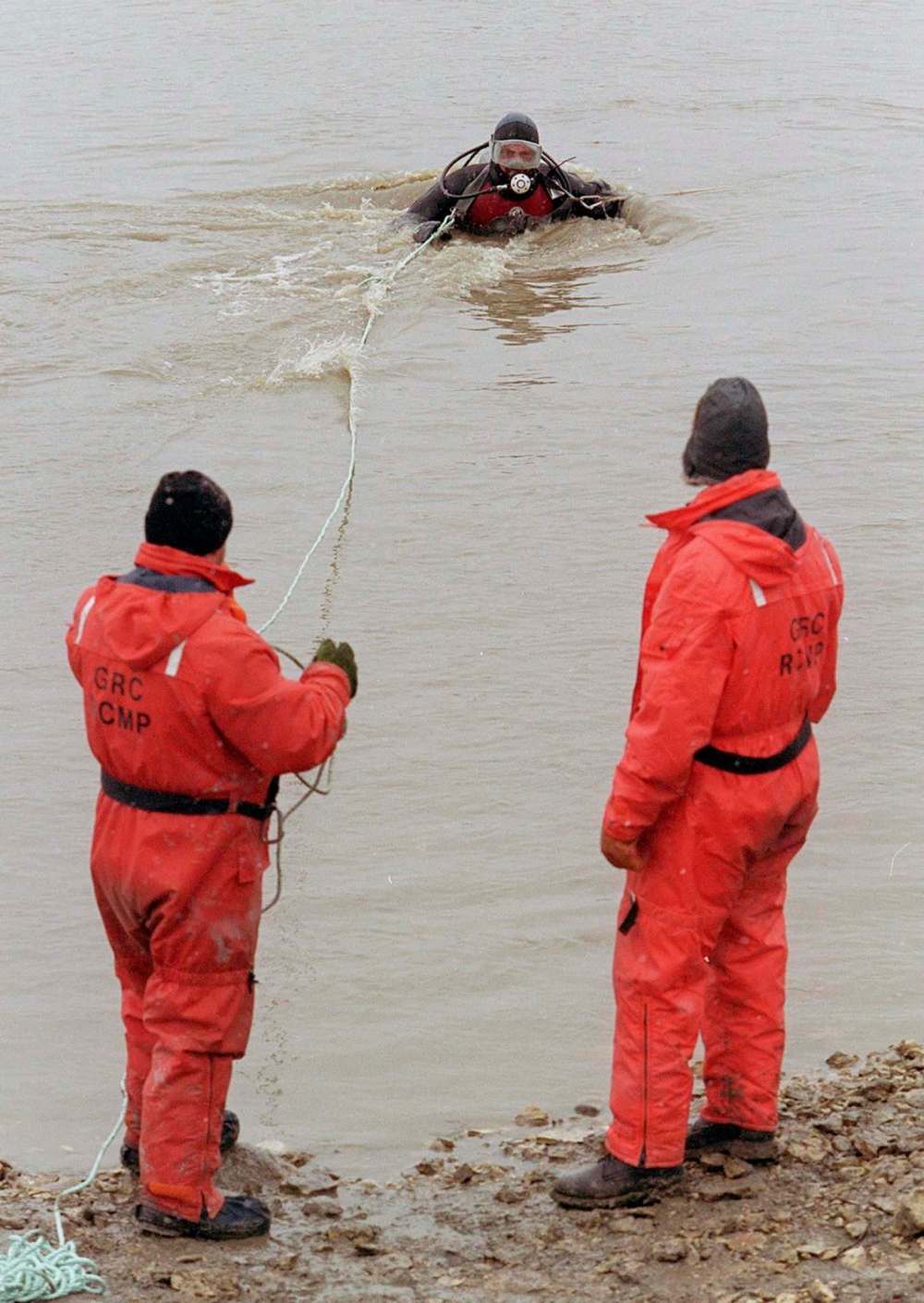
When Kilpatrick arrived in Winnipeg she still had no idea what had actually happened to her sister.
“It was just so shocking initially. We thought maybe someone had abducted her in her car, or abducted her in the parking lot, and then of course we found out it was something very different,” she said.
An RCMP investigation concluded Rowbotham was bludgeoned to death with what was likely a hatchet in her own backyard, and that her body was then driven to Selkirk in the family car and abandoned.
In the backyard, investigators found fragments of Rowbotham’s skull and clumps of her hair. In the garage, where the Ford had been parked, investigators found two blood stains on the floor, and one on the wall.
Police also recovered two blood-soaked tissues and a bloody towel inside the garage, according to reports.
Based on her injuries, police believed Rowbotham was killed by multiple hatchet strikes to the face. The murder weapon has never been found.
According to a DNA analysis of the crime scene, the blood stains in the garage and backyard had come from Rowbotham, while blood stains on the towel and tissues in the garage belonged to Stobbe. Other stains found at the scene were comprised of a mixture of Stobbe’s and his wife’s blood.
The investigation also determined that there were DNA traces found at the scene that belonged to an unidentified man, and spots of blood on Rowbotham’s handbag found in her car had also come from an unidentified man.
But police could not find one witness in the area who said they saw or heard anything suspicious around the time of the killing.
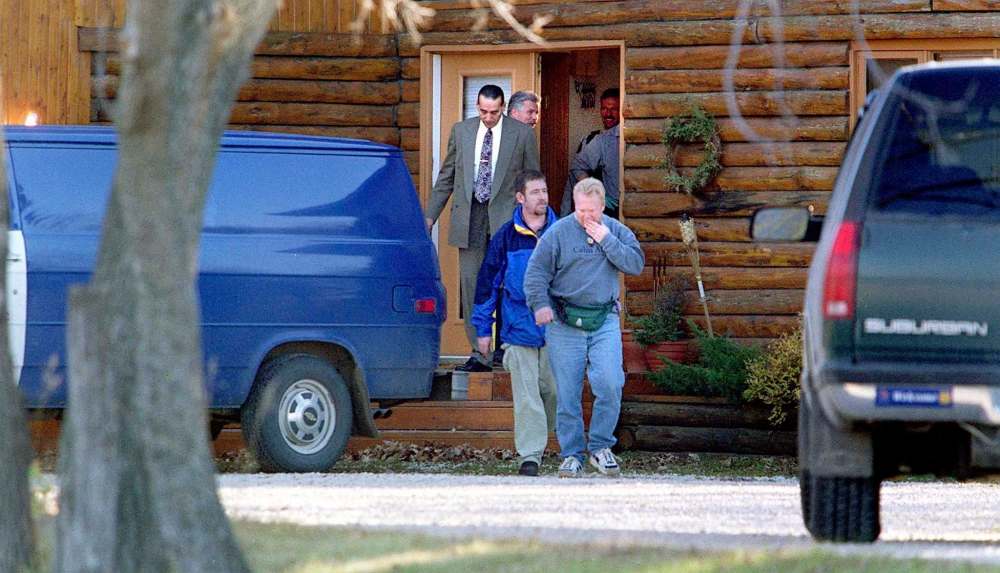
Kilpatrick said as the family began to digest the facts of what had happened, some began to have their own suspicions about who they thought killed Rowbotham, and years later that person — Stobbe — would face trial.
“It was awful because it took so long to lay charges,” Kilpatrick said. “It was just insane. She was killed in 2000, it wasn’t until 2008 that charges were laid and then it didn’t go to trial until 2012.
“Those years of waiting and wondering were such a difficult time, and we all had to deal with what we were dealing with and still carry on and keep living. It was horrible.”
Prosecutors alleged Stobbe killed Rowbotham in the backyard of their home during a heated argument, put her body in the car and then drove it to a Selkirk parking lot.
Prosecutors alleged Stobbe put a bike in the trunk of the car, which he used to ride back home.
At trial, a witness testified he saw a large man riding a bicycle around 10 p.m. the night of Rowbotham’s killing in the Selkirk area near where the car had been abandoned.
Defence lawyer Tim Killeen argued Rowbotham had been killed in her backyard by a stranger while Stobbe and the couple’s two kids were asleep and that the stranger had driven Rowbotham’s body to Selkirk.
Killeen asked Stobbe if he killed his wife, if he cleaned up the backyard and if he moved his wife’s body to Selkirk.
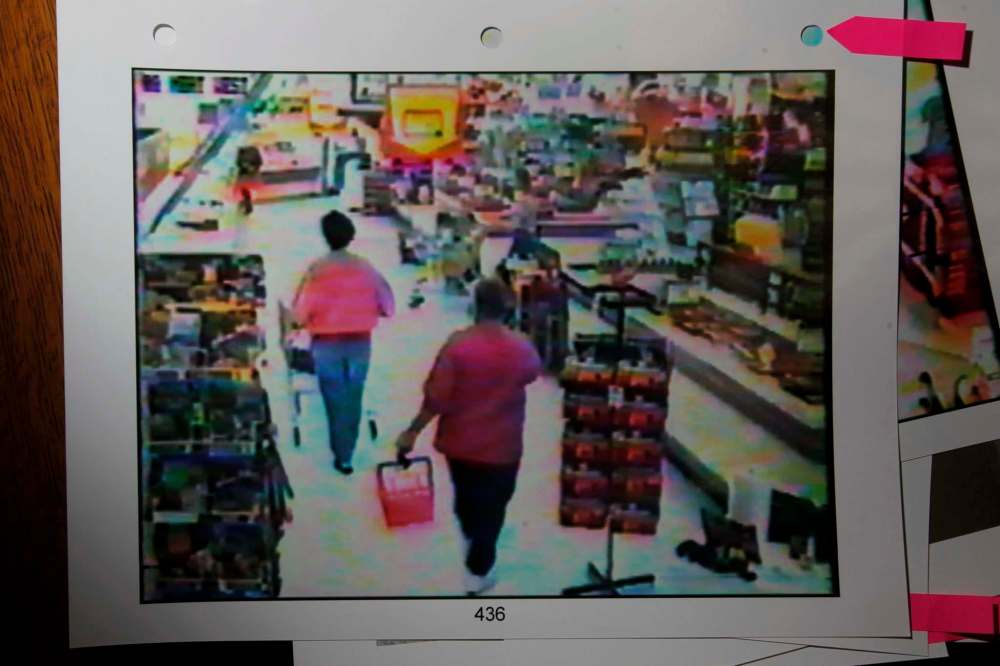
To all three questions Stobbe testified, “No, I did not.”
On March 29, 2012, jurors found Stobbe not guilty of second-degree murder.
“It was just beyond our belief, we could not even process it that day,” Kilpatrick said. A day later, Kilpatrick and her sister held a news conference where they vowed to keep fighting for justice for Rowbotham.
Six years after his acquittal, Stobbe is remarried and splits his time between Saskatchewan where he is completing a PhD and Alberta where he teaches sociology.
Stobbe says he expected a not guilty verdict throughout the trial.
“First of all, I had the information that others didn’t, because I knew I hadn’t done it,” Stobbe said in a phone interview from Saskatchewan.
Stobbe alleges during his interrogation, police attempted to get him to confess by laying out how strong a case they had against him.
“I didn’t know it at the time, but basically part of it was to… say, ‘You might as well confess because you are going to be convicted,’” Stobbe said.
Stobbe said he believes the high-profile nature of the case was the reason he was arrested.
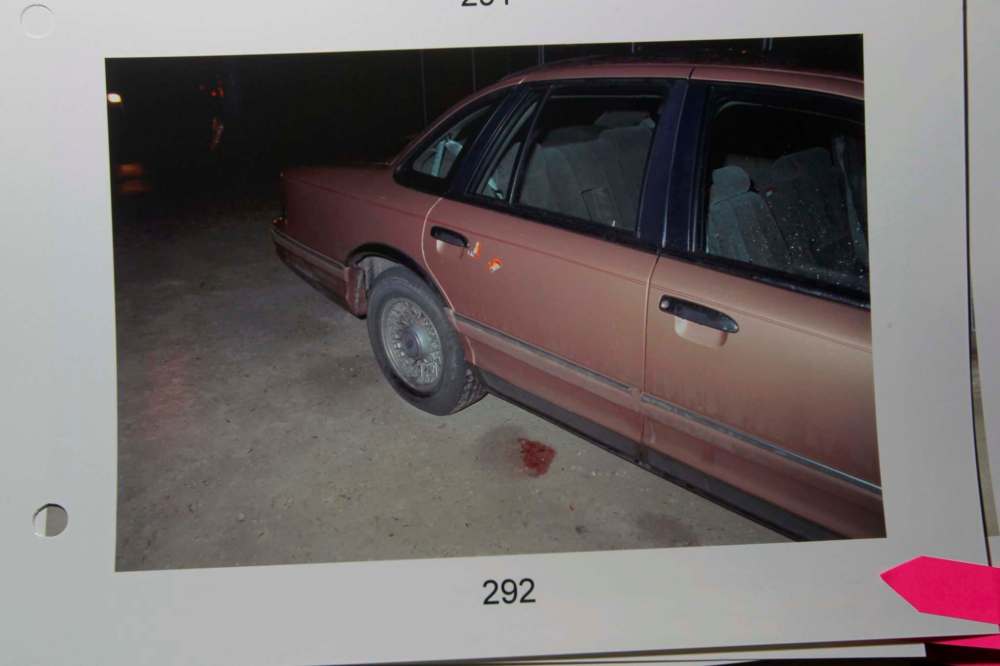
“I don’t think it affected their investigation, but it ultimately caused me to be charged,” Stobbe said. “It affected the pressure on the justice system to come up with some result.”
Stobbe said he believes the court system did its job properly, and that is why he was acquitted.
“The court system worked the way it is supposed to,” Stobbe said. “As far as the overall justice system, I would say it quarter worked; it didn’t send the wrong person to jail, but it didn’t send the right person to jail.”
Stobbe said he doesn’t think about someone else being charged in Rowbotham’s killing and says with each passing year it appears less likely to happen.
“Right after the verdict I was asked ‘will you be trying to solve it or pursue it’ and my answer was no, and (for that) same reason I haven’t been critical of the police for not solving it (after) my acquittal.
“A lot of time has passed; what leads would have been there are obscured by the passage of time.”
Stobbe claims he had no plans to fight for his own freedom had he been found guilty.
“I told my lawyer that in the event I was convicted, I was not interested in appealing,” Stobbe said. “I would continue to maintain my innocence but there would be a number of reasons for not wanting to appeal.

“I actually felt before the result came in that I had received a fair trial, which gave me confidence in the result… I could not see any basis for appeal because an appeal has to be based on a mistake in law, and we didn’t see it.”
Stobbe said he believes he knows how his wife was killed, but is not sure if the police will ever figure out who killed her.
“A person can paint a pretty clear picture of what happened,” he said. “The two mysteries are who and why?
Stobbe raised his two sons after his acquittal and both are now studying in university. He said he has moved on from the trial that could have put him in prison for the rest of his life.
“Oh, I’m fine,” Stobbe said. “Life goes on, I live life.”
Stobbe said he is not interested in discussing memories of his wife.
“I’m actually not going to speak to that,” he said. “I’ve learned whenever I do that, the haters come out of the woodwork.”
Kilpatrick said she is not sure she will ever move on from her sister’s death.
“The pain, it never goes away. Years and years go by, but there probably isn’t a day we don’t remember.

“There has been no justice for Bev,” she said. “There should be justice for Bev.”
Dave Baxter is a freelance reporter, photographer and editor who writes about Manitoba crimes for the Sunday Special.
crimefilesmanitoba@gmail.com
Twitter:@davebbbaxter



